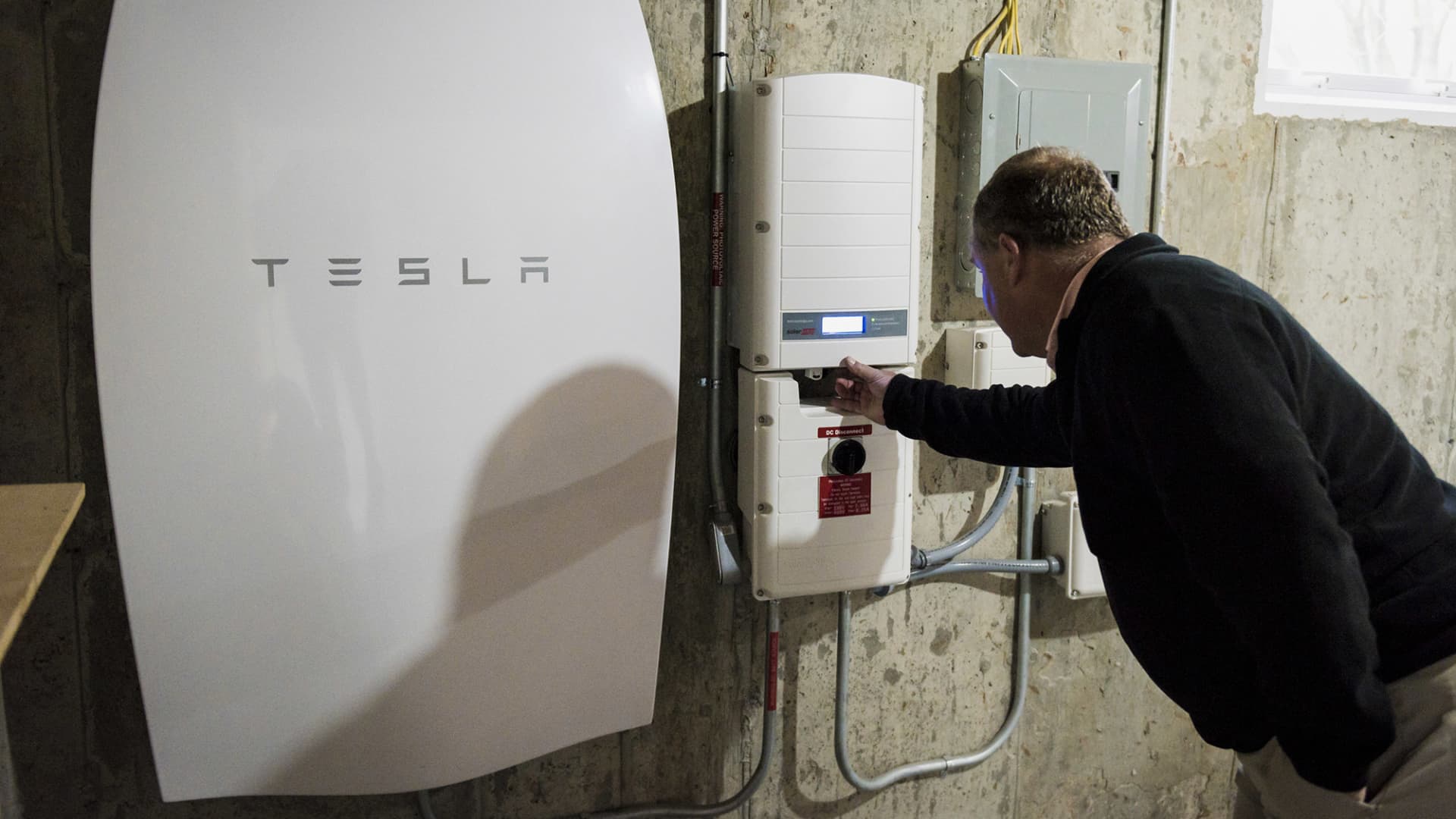Considering a Home Backup Power Storage System: Factors and Options
With extreme weather events and power outages becoming more common, it’s important for Americans to think about installing a home backup power storage system. Factors such as climate change, local utility reliability, and cost should all be considered when making this financial decision.
Regional factors play a role in determining the need for backup power. For coastal areas, the resilience of storm or sea walls, drainage infrastructure quality and capacity, and the electrical grid’s hardiness are important considerations. In areas prone to extreme weather conditions like high winds, tornados, and ice, the risk of falling trees or downed lines can be mitigated with buried utility lines. Pre-emptive shutdowns due to extreme weather or other factors should also be considered.
In the United States, there have been 23 confirmed weather/climate disaster events causing losses exceeding $1 billion each as of September 11, according to the National Centers for Environmental Information. These events include flooding, severe storms, tropical cyclones, wildfires, and winter storms.
When it comes to home backup power options, consumers should first consider the appliances they need to run during an outage and how long they realistically need them to operate. Minimal backup needs can be met with a small portable fossil-fuel generator or battery, while whole home options should be considered for those who want their homes to operate normally. Location also plays a role, as power outages vary in frequency and duration across different areas.
Fossil fuel-powered options include portable generators and whole home standby generators. Portable generators can range from a few hundred dollars to several thousand dollars, depending on power needs and fuel efficiency. Whole home standby generators, fueled by propane or natural gas, are permanently installed and automatically kick on during a power outage. They can be pricey, with costs varying based on size, brand, and fuel type.
Battery-powered backups are a more environmentally friendly and quieter option. They come in smaller to mid-size options that last several hours, as well as whole home options that offer similar functions to conventional generators. Home battery backup systems can cost between $10,000 and $20,000.
When making a backup power decision, it’s important to consider incentives that can lower the cost of purchase and installation. For example, the Inflation Reduction Act provides a 30% tax credit for battery storage installations, even without a solar system. State and local incentives may also be available, with some utilities paying consumers to tap into their batteries during peak periods.
Electric vehicles (EVs) can also serve as backup power options for the home. Vehicles like Ford’s F-150 Lightning and GM’s Ultium-based electric vehicles can power essential items or even an entire home. Integrating battery-powered appliances into the home, such as induction stoves, can open up new possibilities for power backups.
Solar-plus-storage systems are another option for long-term savings. These systems allow homeowners to use electricity generated from their solar panels at a later point, providing backup power during outages. The cost of a solar-plus-storage system ranges from $25,000 to $35,000, with additional incentives available for batteries purchased separately or with backup.
By considering these factors and options, Americans can make informed decisions about installing a home backup power storage system, ensuring that they are prepared for future power outages caused by extreme weather events, wildfires, and other factors.
Denial of responsibility! Vigour Times is an automatic aggregator of Global media. In each content, the hyperlink to the primary source is specified. All trademarks belong to their rightful owners, and all materials to their authors. For any complaint, please reach us at – [email protected]. We will take necessary action within 24 hours.


